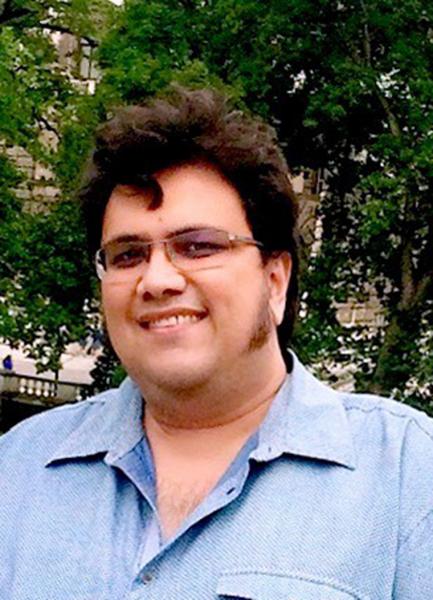STS Speaker. Collecting Bodies, Bodily Collectives: Trace Identities in British India, 1918-47
Projit Bihari Mukharji, University of Pennsylvania
Roughly, the last three decades of British rule in South Asia produced a host of new scientific ways, such as serology and statistical analysis, for determining the identities of human beings. British administrator-ethnographers, however, were no longer the primary users of these new scientific methods. Rather, South Asian scientists now enthusiastically embraced these techniques. Their objective was to determine both the “racial history” and the “national futures” of subcontinental populations. This paper will explore how bodily traces, such as blood and bones, were scientifically collected and studied to produce new forms of identities located in the remote past or distant future.
Biosketch: Projit Bihari Mukharji is an Associate Professor in History & Sociology of Science at the University of Pennsylvania. His work explores the intersections between the histories of science and the political and cultural histories of modern South Asia. His articles have appeared in journals such as the Comparative Studies in Society and History, Journal of Asian Studies, Indian Economic and Social History Review, Bulletin of the History of Medicine, Social History of Medicine and History of Science. He is also the author of Nationalizing the Body: The Medical Market, Print and Daktari Medicine (London, 2009) and Doctoring Traditions: Ayurveda, Small Technologies and Braided Sciences (Chicago, 2016).
Biosketch: Projit Bihari Mukharji is an Associate Professor in History & Sociology of Science at the University of Pennsylvania. His work explores the intersections between the histories of science and the political and cultural histories of modern South Asia. His articles have appeared in journals such as the Comparative Studies in Society and History, Journal of Asian Studies, Indian Economic and Social History Review, Bulletin of the History of Medicine, Social History of Medicine and History of Science. He is also the author of Nationalizing the Body: The Medical Market, Print and Daktari Medicine (London, 2009) and Doctoring Traditions: Ayurveda, Small Technologies and Braided Sciences (Chicago, 2016).
| Building: | Tisch Hall |
|---|---|
| Event Type: | Lecture / Discussion |
| Tags: | History, India, Politics, Research, Science |
| Source: | Happening @ Michigan from Science, Technology & Society, Center for South Asian Studies |


